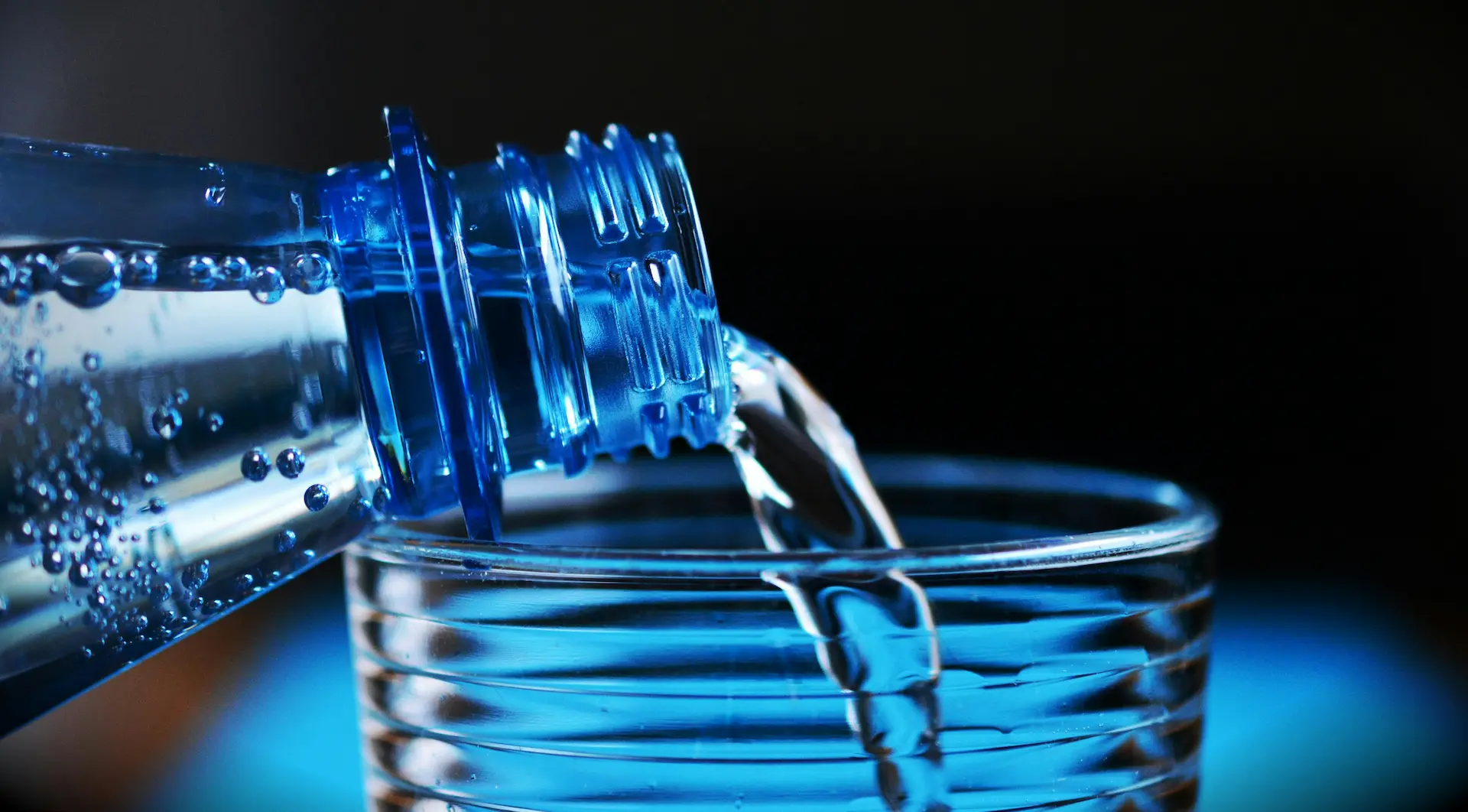Today, the use of plastic cutlery has grown exponentially due to its low cost and convenience. However, this habit comes at a high price for the planet, especially in terms of environmental pollution and human health. Understanding the impact of these disposable utensils helps us reflect on the urgency of seeking sustainable alternatives.
Plastic pollution factors
Plastic is a durable and resistant material, but these same characteristics make it an environmental problem. Plastic cutlery, although useful for a few minutes, leaves a legacy that lasts for centuries.
Microplastics
When plastic cutlery is exposed to the elements, it fragments into tiny particles known as microplastics. These particles contaminate drinking water, oceans and soil. Studies have shown that microplastics are already in the human bloodstream and in the food we eat every day, posing a silent health risk.
Contamination of the environment
Plastic cutlery are lightweight, disposable objects, which facilitates their dispersal. They end up accumulating in natural environments such as beaches, mountains and rivers, damaging ecosystems. In these places, the decomposition of plastics can take more than 400 years, releasing toxins in the process and endangering wildlife that mistakenly ingests them.
For example, a simple fork forgotten at a picnic can be blown by the wind into the sea, where sea turtles mistake it for food, causing lethal damage.
Recycling plastic cutlery
Despite efforts to recycle plastics, the reality is that only a small percentage is actually processed. Plastic cutlery, made mainly from polypropylene (PP) or polystyrene (PS), is difficult to sort and recycle due to its size and irregular shape. As a result, most end up in landfills or directly in nature, contributing to the environmental crisis.
Is plastic cutlery recyclable?
Although technically some cutlery can be recycled, the practice is very different. Most recycling systems do not process them, as they are difficult to detect in sorting machines. In addition, they are often contaminated with food debris, which makes their recovery even more difficult.
The truth is that the low efficiency of plastic cutlery recycling makes it clear that the solution lies not in processing them, but in reducing their use and opting for more sustainable and reusable alternative materials.
Solutions to plastic pollution
Combating plastic pollution is a global task, but every small action counts. Like GENAQ, whose mission is to provide innovative solutions to reduce plastic use, you too can be part of the change with simple but impactful choices in your day-to-day life. Here are five practical ways you can contribute:
- Reduce plastic use: Opt for reusable cutlery, biodegradable materials or simply take your own utensils when eating out.
- Reuse whenever possible: Take advantage of plastic items you already have at home, giving them a second life in a responsible and safe way.
- Reject single-use plastics: Say “no” to disposable cutlery, straws and unnecessary packaging. Opting for reusable alternatives helps to drastically reduce waste.
- Recycle plastic properly: Although recycling has its challenges, it is essential to deposit plastics in specific containers to give them a chance for reuse.
- Spread the positive message: Talking about the impact of plastics and sharing solutions like GENAQ’s sustainable technologies helps inspire more people. Change is possible when we work together.
The future is in our hands. Adopting these habits not only reduces damage to the environment, but also brings us closer to a more sustainable and conscious lifestyle. From simple solutions to technological innovations like GENAQ’s plastic-free water generation, together we can build a cleaner, healthier planet.
Innovative technology: plastic-free water generation
As we work to reduce the use of plastics, it is also important to consider other single-use products that pollute, such as plastic bottles. One innovative solution is GENAQ’s technology, which generates drinking water directly from the air, without relying on plastic containers.
- GENAQ Stratus: Perfect for homes and offices, it provides pure water without the need for logistics or storage.
- GENAQ Nimbus: A solution for remote or industrial environments, eliminating the need for bottles and reducing environmental impact.
These solutions allow clean water to be consumed
These solutions make it possible to consume clean and safe water, in line with the urgent need to protect our ecosystems. As GENAQ’s slogan says: “More water, less plastic”.
The impact of plastic cutlery is a consequence of our dependence on disposable materials. Adopting sustainable alternatives and innovative technological solutions, such as those offered by GENAQ, gives us the opportunity to change course and protect the planet for future generations. Change starts with small but significant decisions, such as saying no to plastics and opting for environmentally friendly options.
Comments



